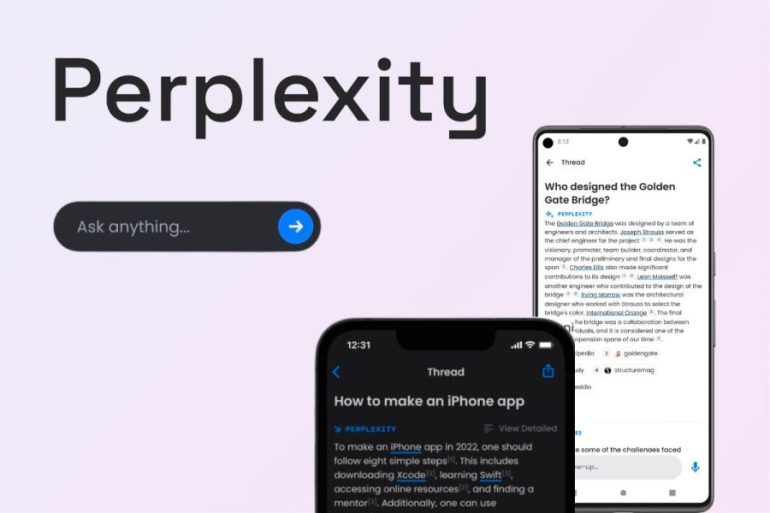- Condé Nast has issued a cease-and-desist letter to AI startup Perplexity, accusing it of plagiarism.
- The letter demands Perplexity stop using content from Condé Nast’s publications in its AI-generated responses.
- This action follows a similar stance taken by Forbes a month ago.
- Perplexity, a San Francisco-based company valued at $3 billion, faces scrutiny over copyright issues.
- Reports suggest Perplexity’s web crawlers ignore robots.txt files, leading to investigations by AWS and other concerns from Reuters.
- Perplexity is exploring a potential revenue-sharing program with publishers.
- Condé Nast CEO Roger Lynch has warned of severe financial risks for media companies due to prolonged litigation.
- Lynch has called on Congress to require AI companies to compensate publishers and enter licensing agreements.
- The COPIED Act, introduced by three senators, aims to protect creators from unauthorized AI content use.
Main AI News:
Condé Nast has reportedly accused AI search startup Perplexity of plagiarism. According to The Information, the renowned media conglomerate, which oversees high-profile publications such as The New Yorker, Vogue, and Wired, has taken legal action by issuing a cease-and-desist letter to Perplexity. This letter, sent on Monday, demands that the AI startup immediately halt the use of content from Condé Nast’s extensive portfolio in its AI-generated responses, alleging that the company has engaged in plagiarism.
This development places Condé Nast among the increasing number of publishers who are challenging the unauthorized utilization of their content by AI companies. This move follows a similar stance taken by Forbes just a month ago. Both Condé Nast and Perplexity have yet to provide official responses to Engadget’s request for comment on this issue.
Perplexity, a prominent San Francisco-based startup valued at $3 billion and supported by influential investors including the Bezos family fund and NVIDIA, has recently faced intensified scrutiny over its content use practices. Reports indicate that Perplexity’s web crawlers do not adhere to robots.txt files—a protocol employed by website owners to prevent bots from scraping their content. This issue has garnered further attention after Amazon Web Services reportedly launched an investigation into whether Perplexity violated its web scraping policies. Furthermore, a Reuters report has highlighted that Perplexity is among a larger group of AI companies that have been found ignoring robots.txt files.
The controversy surrounding Perplexity has sparked a broader debate about the ethical and legal implications of AI development, particularly its effects on content creators and publishers. In response to these concerns, Perplexity’s executives have hinted at the possibility of establishing a revenue-sharing program with publishers, though the specifics of such an arrangement remain unclear.
Condé Nast CEO Roger Lynch has warned that many media companies could face severe financial challenges by the time any legal battles with generative AI companies are resolved. Lynch has called on Congress to take prompt action, urging that AI companies should be required to compensate publishers for their content usage and to enter into licensing agreements for future use. This advocacy comes in light of the recent introduction of the COPIED Act by three senators, which seeks to protect journalists, artists, and songwriters from having their content used without proper authorization by AI firms.
Conclusion:
The legal action by Condé Nast against Perplexity underscores the growing tension between traditional media companies and AI startups over content usage and copyright infringement. As AI companies increasingly rely on vast amounts of data to train their models, the need for clear and enforceable content licensing agreements becomes more critical. This development highlights the necessity for legislative measures like the COPIED Act to safeguard the interests of content creators and publishers. The market can expect heightened scrutiny and regulatory action as other media organizations may follow suit, potentially leading to a shift in how AI companies source and utilize content.

